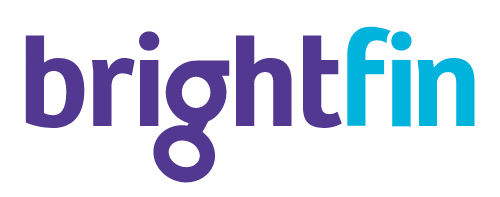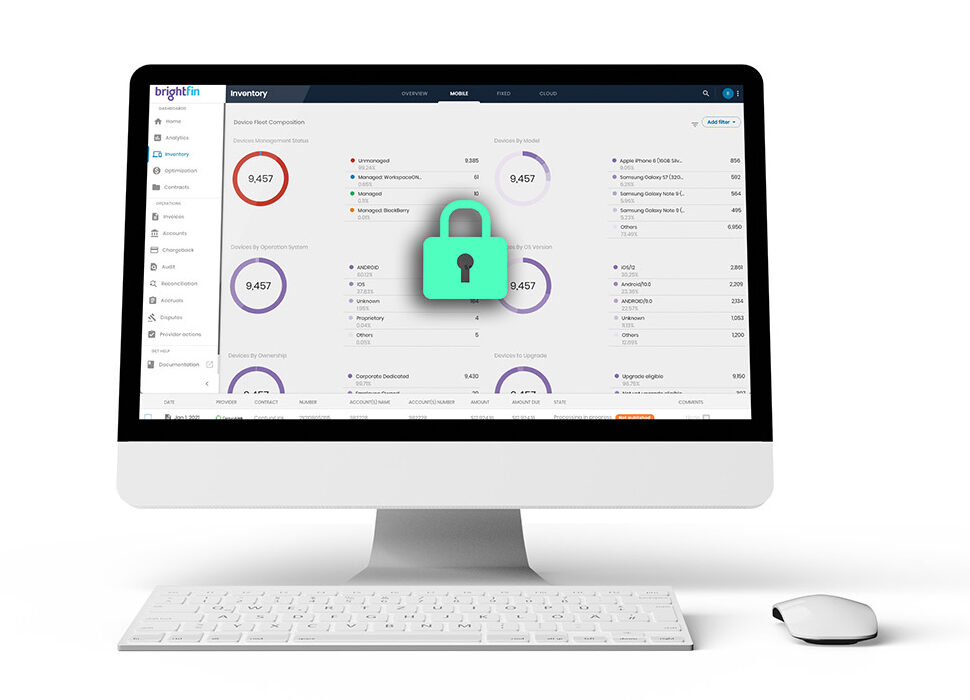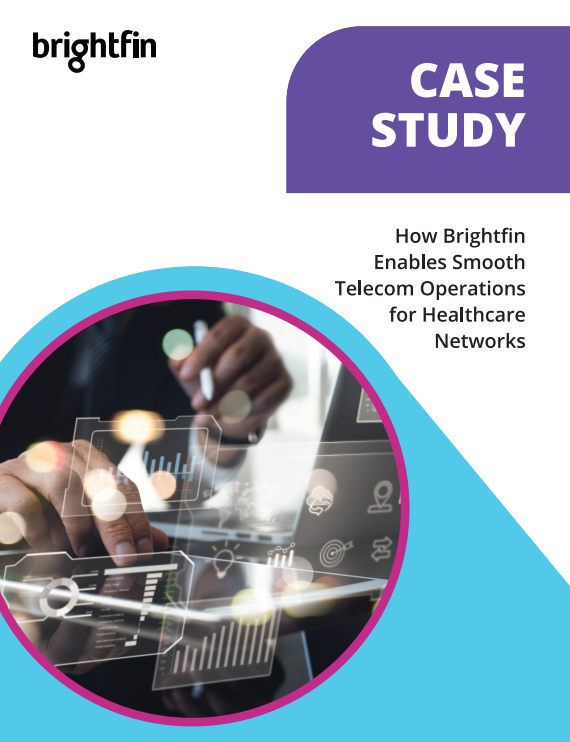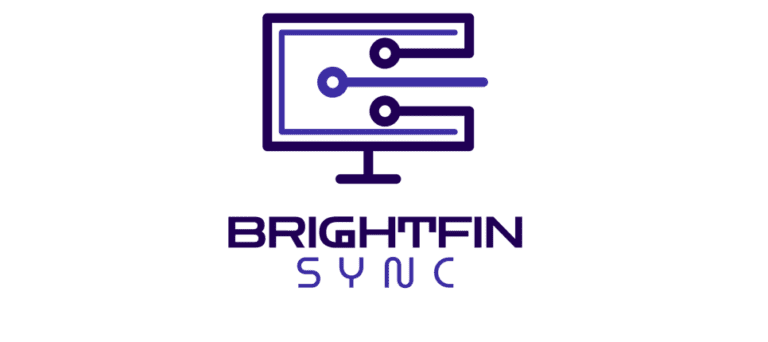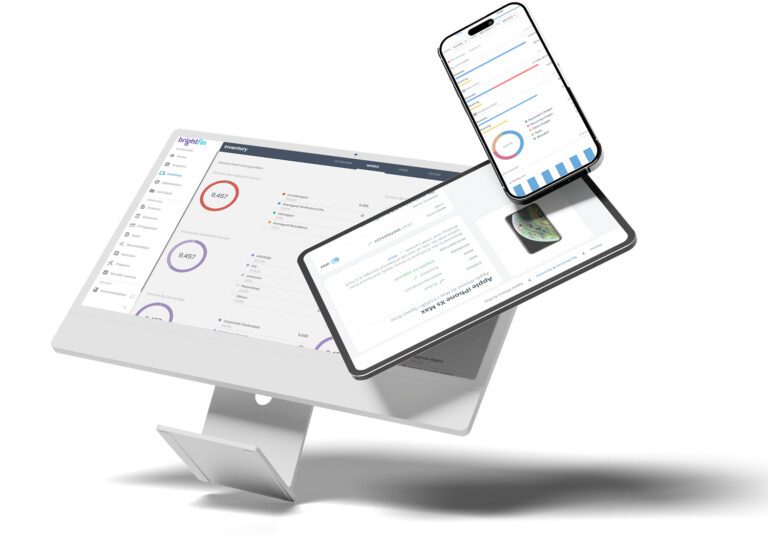Apple is gearing up to roll out the iOS 17.4 update in March, and it’s more than just a routine software refresh. This time, Apple is breaking tradition by allowing app side-loading, a move that echoes the EU Digital Markets Act.
The significance? Well, it means iPhone users will soon enjoy the freedom of choosing apps outside of the Apple-approved selection, a liberty long familiar to Android users. However, this newfound flexibility isn’t without its caveats, especially when it comes to security.
The iOS 17.4 update marks a departure from Apple’s closed ecosystem approach, raising concerns about potential security risks for our EU-based devices. Apple reassures users that they’re pulling out all the stops to maintain safety, but as IT and ServiceNow leaders, it’s crucial for us to dissect what this shift really means for our management strategies.
In this blog, we’ll dive into the intricacies of Apple’s iOS 17.4 update, exploring the implications for those steering the IT ship and managing ServiceNow operations. From the perks of app side-loading to the security considerations that come with this newfound openness, we’ve got it all mapped out. So, let’s embark on this journey together, unraveling the layers of change and ensuring that your IT landscape remains resilient in the face of evolving iOS dynamics.

What’s New in iOS 17.4?
In response to the Digital Markets Act’s push for increased competition and a level playing field, iOS 17.4 is ushering in significant changes. Apple is taking a giant leap by loosening its grip on the App Store and introducing new avenues for distributing iOS apps from alternative marketplaces. This includes the integration of fresh APIs and tools that empower developers to showcase their iOS apps on alternative platforms, breaking away from the exclusivity of the App Store.
Furthermore, a brand-new framework and APIs are being introduced to facilitate the creation of alternative app marketplaces. This groundbreaking move allows marketplace developers to not only install apps but also manage updates on behalf of other developers through their dedicated marketplace app.
But that’s not all. iOS 17.4 is opening doors for developers to utilize browser engines beyond WebKit, especially for browser apps and those with in-app browsing experiences.
Apple is also addressing compliance with the Digital Markets Act, particularly in the realm of contactless payments. The update brings forth new APIs that empower developers to leverage NFC technology in banking and wallet apps across the entire European Economic Area. Within the EU, users will gain more control with the introduction of new settings, allowing them to choose a third-party contactless payment app or opt for an alternative app marketplace as their default. These changes signify a substantial shift in how iOS interacts with various applications, offering users and developers a more diverse and dynamic digital landscape.
How Does this Affect Your Experience?
For IT and ServiceNow leaders steering the ship in enterprise organizations, Apple’s iOS 17.4 updates bring about a seismic shift in the customer experience landscape. Let’s break down how these changes ripple through the realm of enterprise IT management:
Diverse App Ecosystem:
With the relaxation of app distribution restrictions, enterprise users gain access to a more diverse app ecosystem. This means IT leaders can now explore and integrate applications beyond the traditional App Store offerings. The ability to leverage alternative app marketplaces introduces flexibility in sourcing solutions tailored to the specific needs of their organization.
Increased App Source Vulnerability:
The introduction of alternative app marketplaces opens up the potential for users to download apps from less regulated sources, increasing the risk of malicious software infiltrating enterprise devices.
Browser Engine Freedom:
For IT leaders overseeing web-based applications, the newfound freedom to use browser engines other than WebKit opens up possibilities. This change allows for greater compatibility and customization in developing browser apps and applications with in-app browsing experiences, offering a more tailored and responsive user interface.
User Control vs. Security Balancing Act:
Granting users the ability to choose third-party contactless payment apps or alternative app marketplaces as defaults introduces a delicate balance between user control and security. Users may inadvertently expose themselves to security risks by opting for less secure alternatives.
Sideloading Availability in iOS 17.4: The Geographical Scope
Apple has clarified that the transformative changes accompanying iOS 17.4 will roll out initially in the European Union, igniting curiosity about its implications for the UK post-Brexit. While the UK is no longer an EU member, initial reports suggest it will remain exempt from these changes, at least in the immediate future.
In their official statement, Apple outlined that the extended capabilities “will become available to users in the 27 EU countries beginning in March 2024.” These 27 countries comprise Austria, Belgium, Bulgaria, Croatia, Republic of Cyprus, Czech Republic, Denmark, Estonia, Finland, France, Germany, Greece, Hungary, Ireland, Italy, Latvia, Lithuania, Luxembourg, Malta, Netherlands, Poland, Portugal, Romania, Slovakia, Slovenia, Spain, and Sweden.
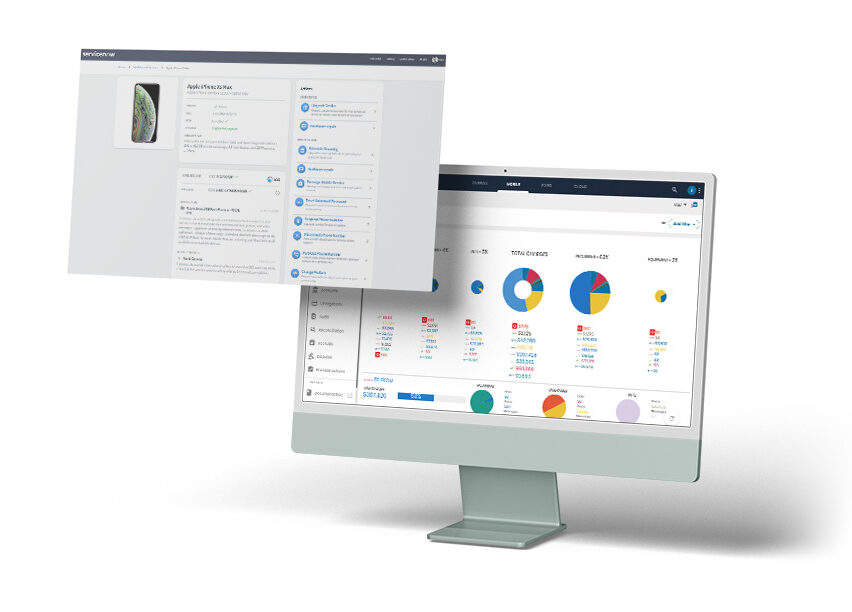
Managing and Tracking Apps in the iOS 17.4 Landscape
As organizations set sail into the uncharted waters of Apple’s iOS 17.4, where sideloading becomes a reality, it becomes imperative for them to adeptly manage and track the influx of apps. The newfound flexibility introduces both opportunities and challenges, and organizations need to proactively navigate this landscape to maintain control and security. Here’s why organizations must be vigilant in managing and tracking these changes:
Policy Frameworks:
Organizations need to establish clear and comprehensive policies governing the use of alternative app marketplaces and sideloading within their ecosystem. This includes defining permissible sources, outlining security protocols, and communicating these policies effectively to employees. A robust policy framework lays the foundation for disciplined app management.
App Inventory and Tracking:
With the potential surge in app diversity, maintaining a meticulous inventory of applications becomes paramount. Organizations should invest in robust tracking systems to monitor app installations, updates, and usage patterns. This not only aids in understanding the app landscape but also serves as a vital tool for security audits and compliance assessments.
User Training Programs:
Educating employees on the proper procedures for app management is essential. Training programs should cover aspects such as recognizing approved sources, understanding security implications, and adhering to organizational policies. Well-informed users are better equipped to make responsible decisions in the realm of app downloads.
Unified Endpoint Mangement Systems:
Leveraging UEM systems becomes crucial in the iOS 17.4 era. These systems provide organizations with centralized control over device configurations, app installations, and security settings. UEM solutions allow for efficient app deployment, monitoring, and enforcement of organizational policies across a fleet of devices.
UEM systems also provide DLP controls on corporate data to ensure data is not leaked into applications that are not certified by the originization. Compliace engines are also deployed to ensure automations if devices do not meet corporate security standards.
Regular Security Audits:
Continuous evaluation and auditing of app security are vital components of effective management. Organizations should conduct regular security audits to identify vulnerabilities, ensure compliance with security standards, and swiftly address any emerging threats or anomalies.
App Awareness: A Crucial Factor for Employees in the iOS 17.4 Era
As Apple’s iOS 17.4 ushers in a new era of app flexibility, it’s paramount for employees to be vigilant about the sources of their app downloads. The ability to sideload apps from alternative marketplaces introduces a dynamic landscape where awareness becomes a key player in maintaining a secure digital environment.
Here’s why employees need to be keenly aware of where they’re getting their apps:
Diverse App Sources:
With the advent of sideloading, employees now have the liberty to explore app options beyond the traditional App Store. It’s essential for them to recognize that alternative app marketplaces may vary in terms of regulations, security protocols, and vetting procedures.
Risk of Malicious Apps:
Not all app sources adhere to the stringent security measures enforced by Apple’s App Store. Employees should exercise caution to avoid downloading apps from untrusted or less regulated platforms, as this could expose their devices and, by extension, enterprise networks to potential security threats.
Potential for Phishing Attacks:
Malicious actors might capitalize on the openness of sideloading to deploy phishing tactics. Employees should be aware of the possibility of fake or compromised apps that aim to gather sensitive information. Verifying the legitimacy of the app source becomes a crucial step in mitigating phishing risks.
Corporate Device Policies:
In organizations where corporate devices are used, employees must be familiar with company policies regarding app installations. Deviating from approved sources may violate security protocols and put the organization at risk. Understanding and adhering to these policies is essential for maintaining a secure IT environment.
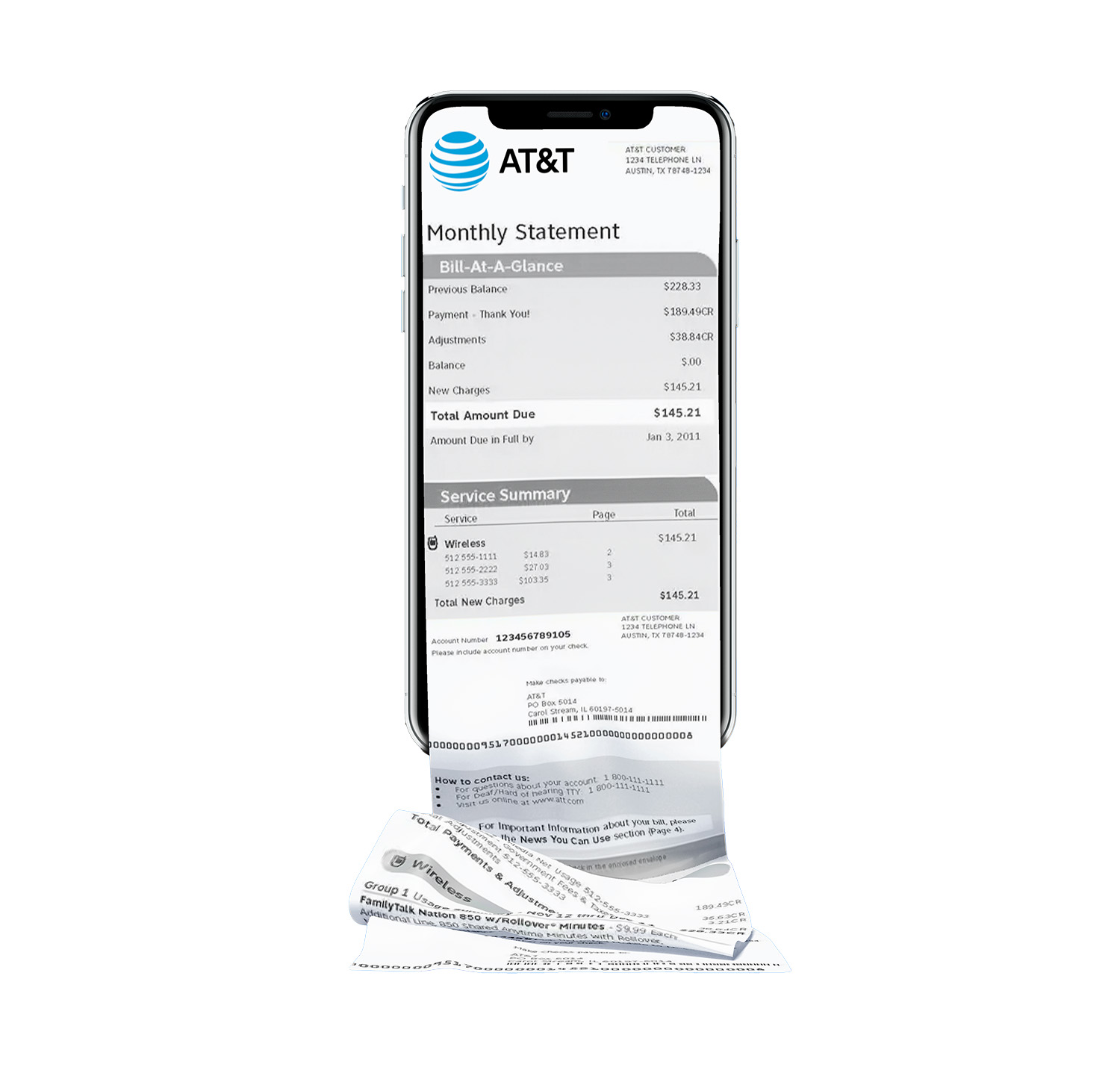
Beyond the Workplace: Bringing iOS 17.4 Awareness Home
The lessons learned in managing apps and staying vigilant in the iOS 17.4 landscape don’t just stay within the confines of the workplace – they reach into employees’ personal lives as well. Here’s how the knowledge gained from navigating this dynamic iOS environment can positively impact their home life:
Enhanced Cybersecurity Awareness:
Understanding the nuances of sideloading and alternative app sources cultivates a heightened sense of cybersecurity awareness. Employees can apply this knowledge to safeguard their personal devices and data, creating a more secure digital environment for themselves and their families.
Informed App Choices:
Armed with insights into recognizing trusted sources and evaluating app security, employees can make informed choices when selecting and downloading apps for personal use. This not only enhances the overall security of their devices but also contributes to a safer online experience for family members.
Privacy Best Practices:
The emphasis on app management and security protocols at work instills privacy best practices that extend to employees’ personal lives. They become more conscious of data privacy concerns, adopting measures to protect sensitive information not only in professional settings but also in their day-to-day digital interactions.
Family Device Security:
The knowledge gained in managing apps and devices can be applied to secure family devices as well. Whether it’s setting up parental controls or configuring security settings, employees can create a safer digital environment for their children and loved ones.
UEM Administration Services for Seamless Device Management
Enter Brightfin, your compass in the ever-evolving landscape of digital device management. In the era of iOS 17.4, where flexibility meets complexity, Brightfin takes the helm with its unparalleled User Endpoint Management (UEM) Administration Services.
Holistic Device Management:
Brightfin’s UEM Administration Services encompass a comprehensive approach to managing user endpoints. From app deployments to security configurations, Brightfin ensures a holistic device management experience, aligning seamlessly with the nuanced changes introduced in iOS 17.4.
Strategic App Deployment:
Navigating the app landscape becomes a breeze with Brightfin. Leveraging expertise in UEM, Brightfin strategically deploys and manages applications, adapting to the evolving iOS environment. This not only streamlines operations but also ensures a tailored approach to meet organizational needs.
Security Protocols:
In the age of sideloading and expanded app ecosystems, security is non-negotiable. Brightfin’s UEM Administration Services redefines security protocols, aligning them with the intricacies of iOS 17.4. This proactive stance shields organizations from potential risks and ensures a robust defense against emerging threats.
Adaptability to Regulatory Shifts:
With Brightfin, organizations stay ahead of the regulatory curve. Whether navigating the EU Digital Markets Act or the UK Digital Markets Bill, Brightfin’s UEM Administration Services adapt to ensure compliance, giving organizations the confidence to explore new possibilities while maintaining governance.
ServiceNow Excellence:
For organizations invested in ServiceNow, Brightfin’s UEM Administration Services seamlessly integrate into existing workflows. The synergy between ServiceNow and Brightfin ensures that the transition to iOS 17.4 is not just efficient but becomes a catalyst for enhancing overall operational efficiency.
